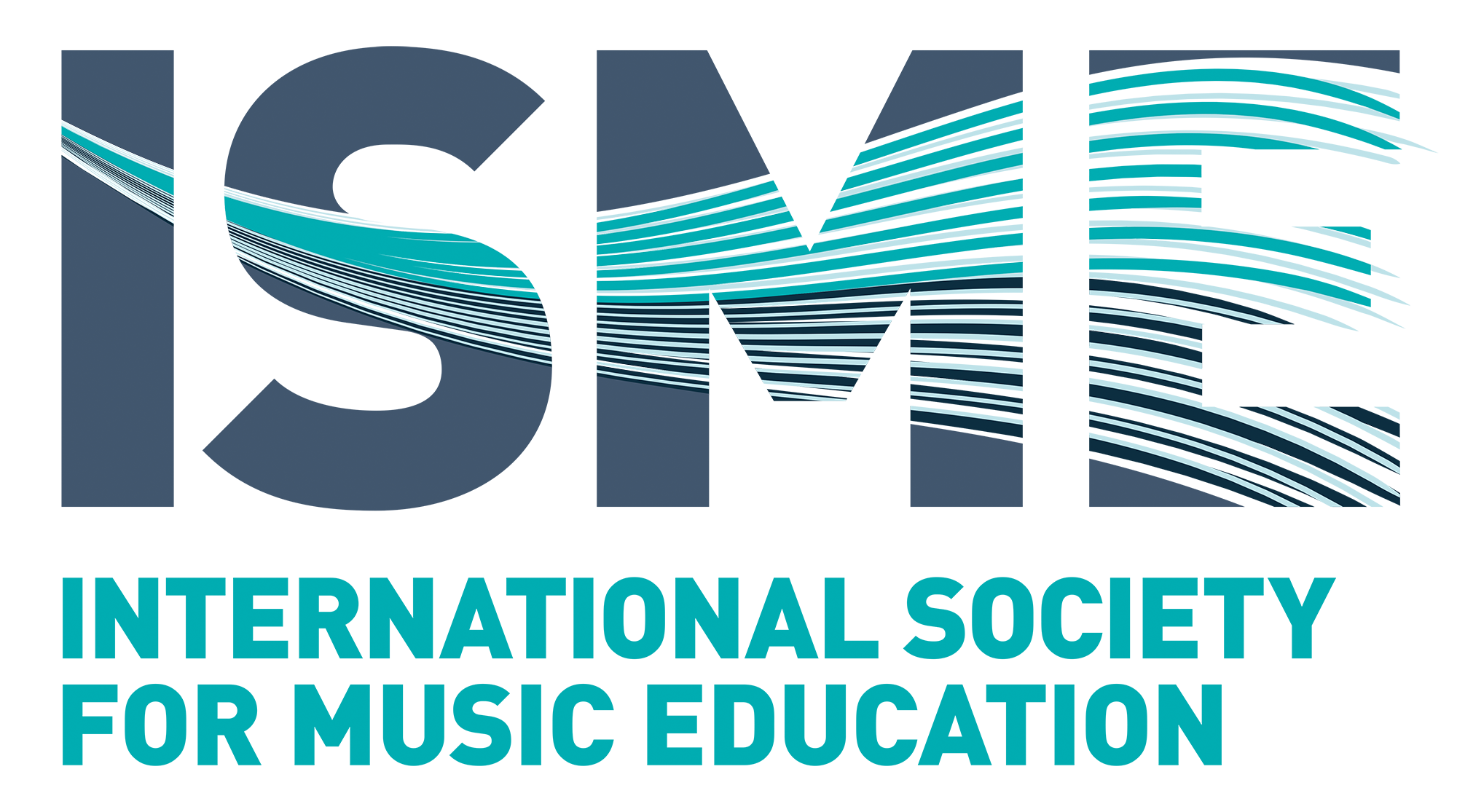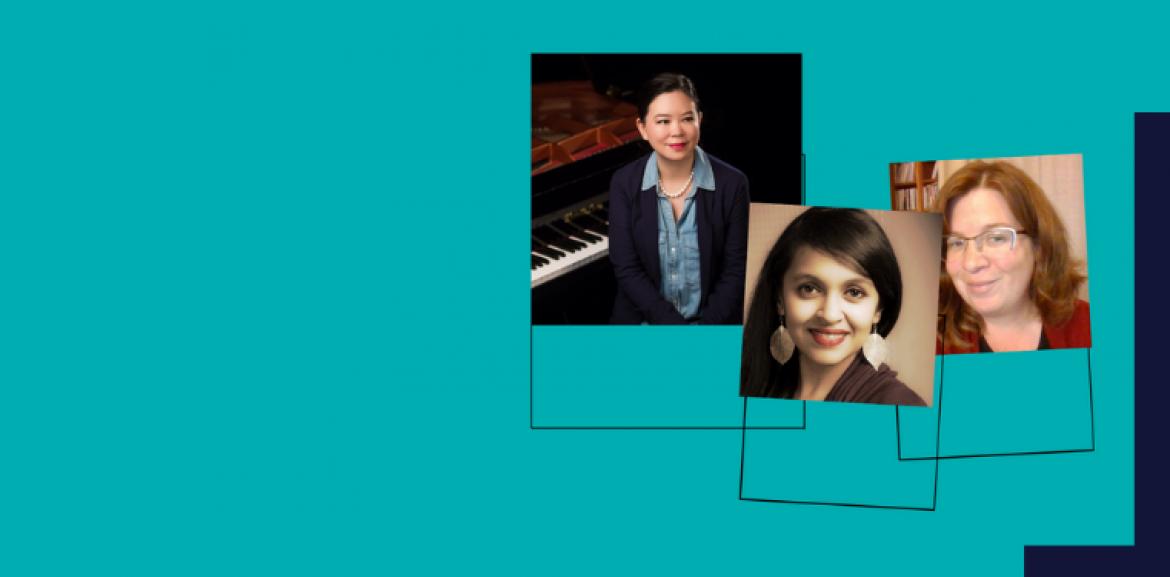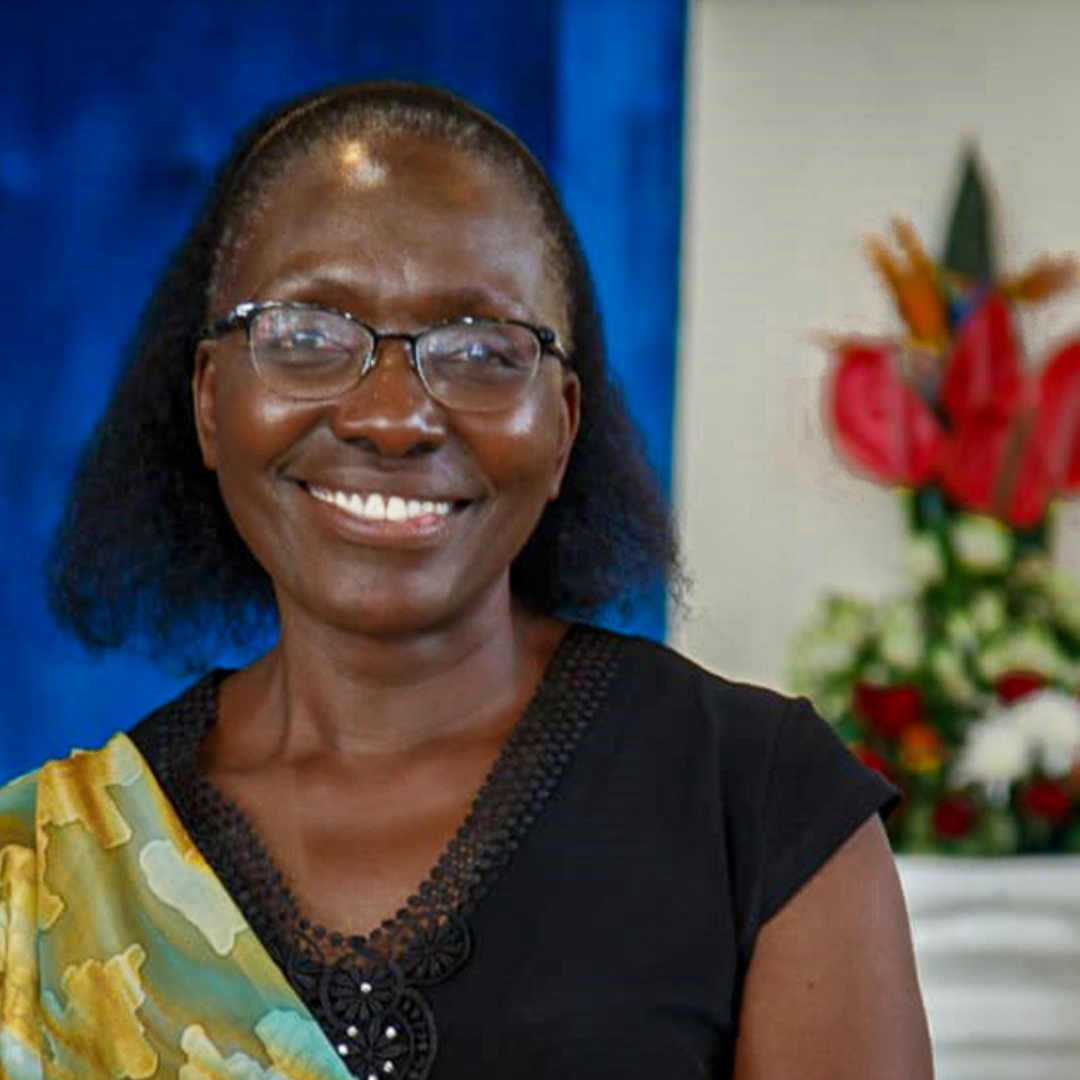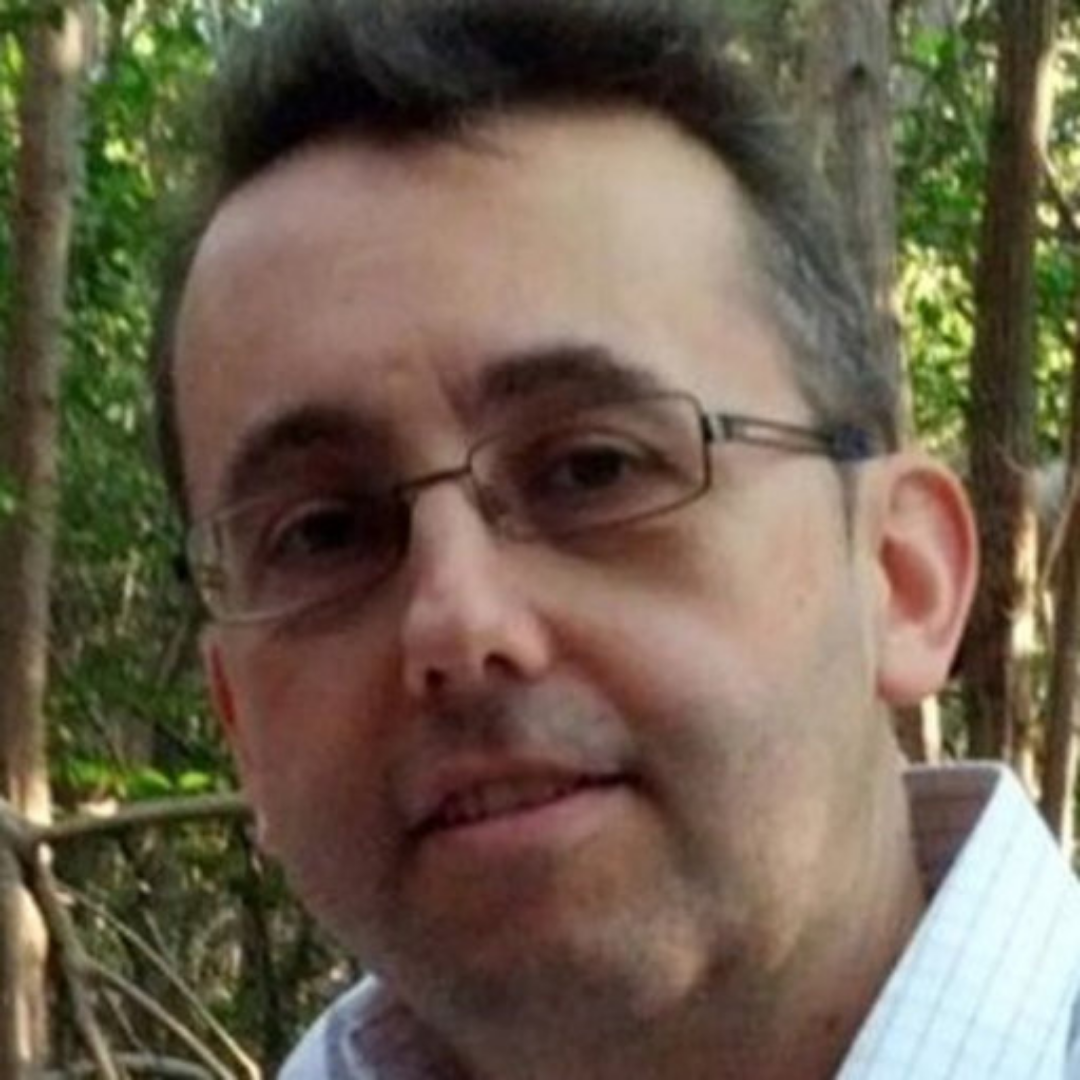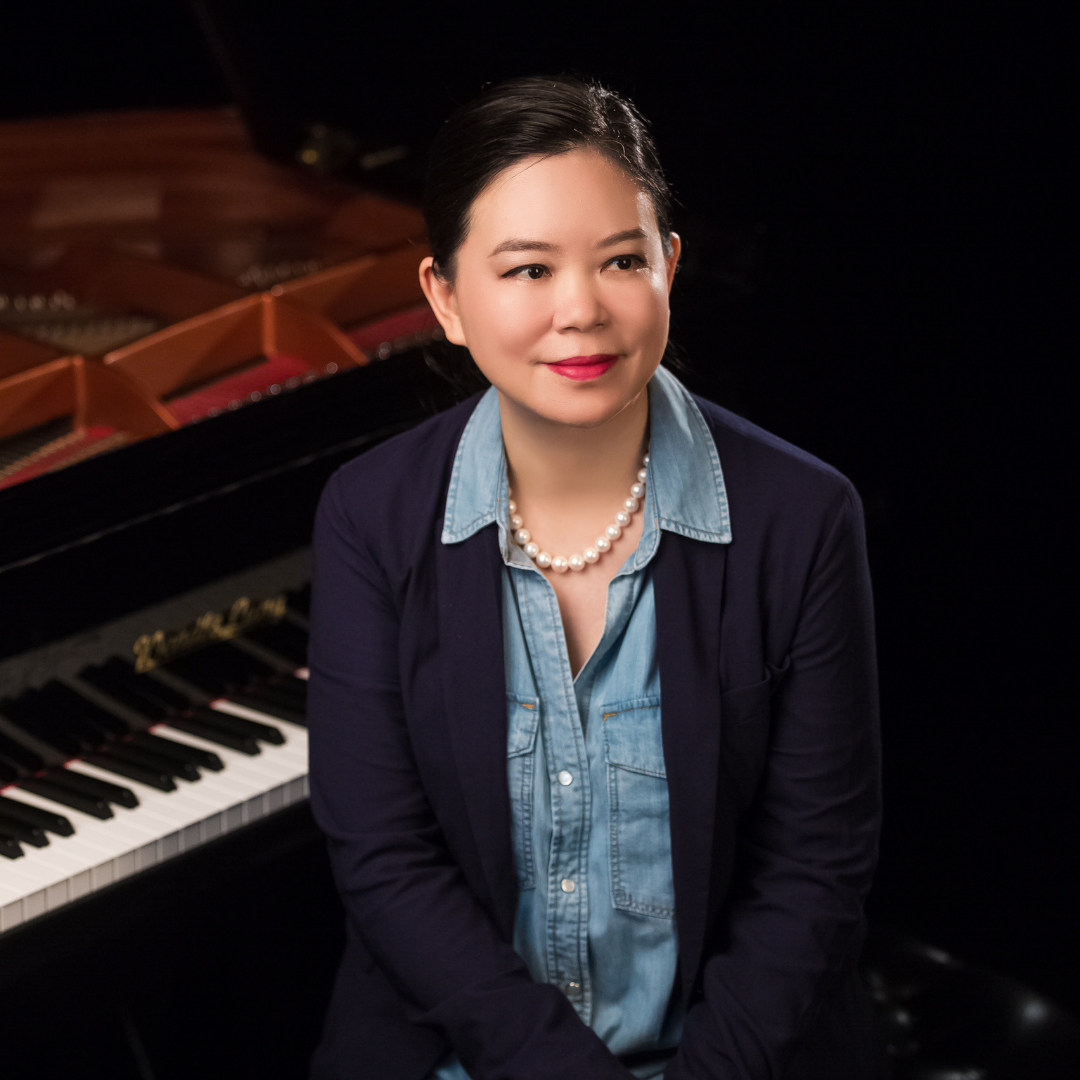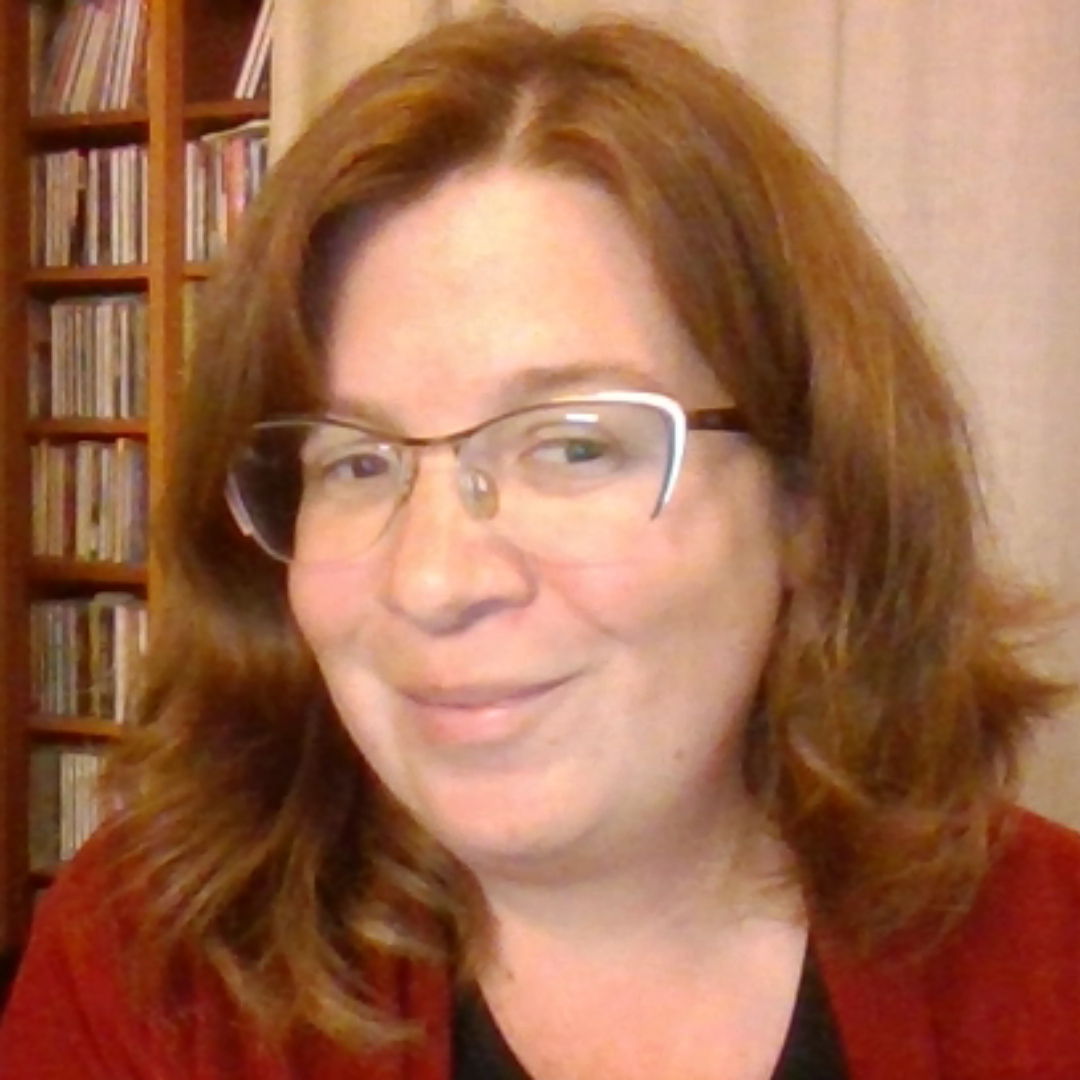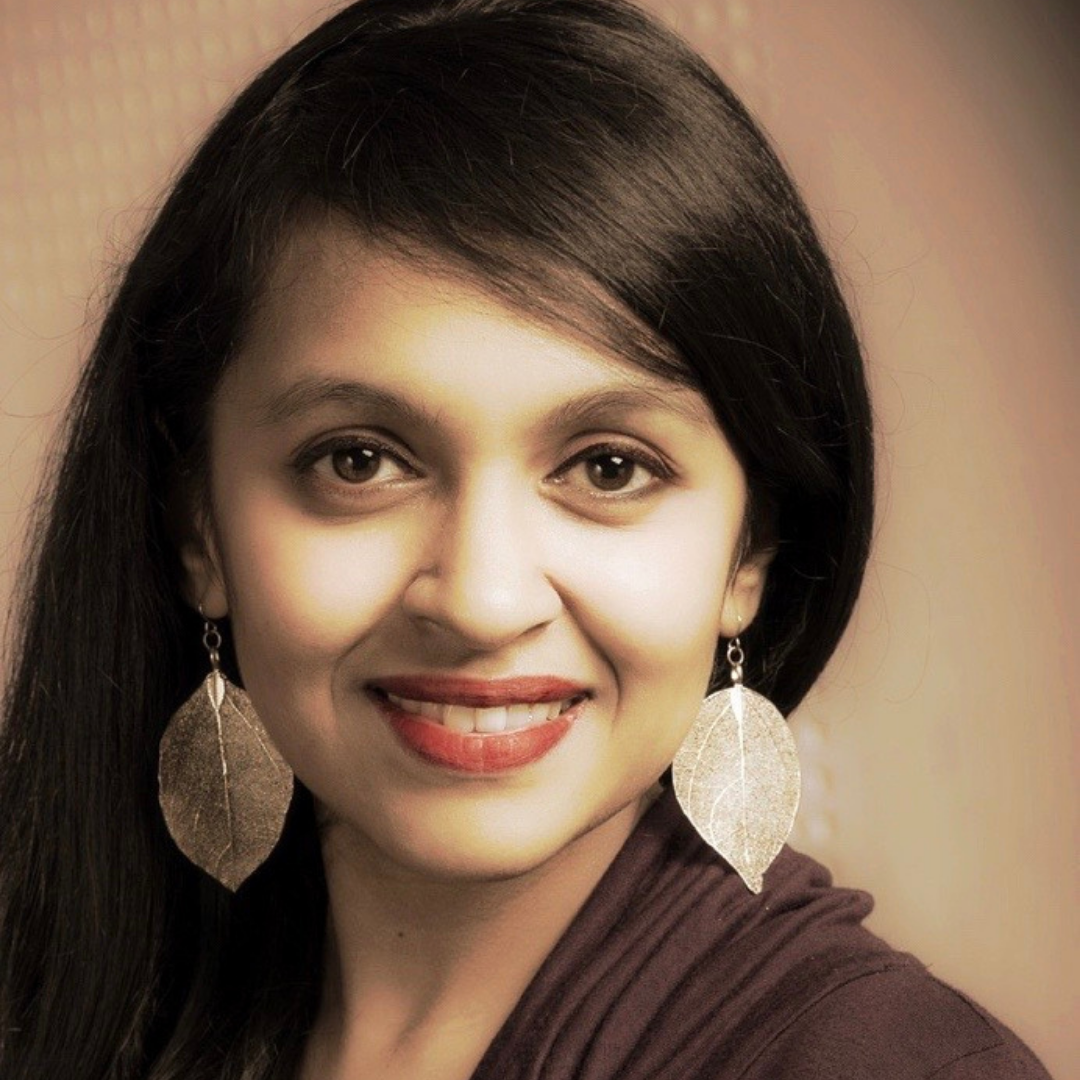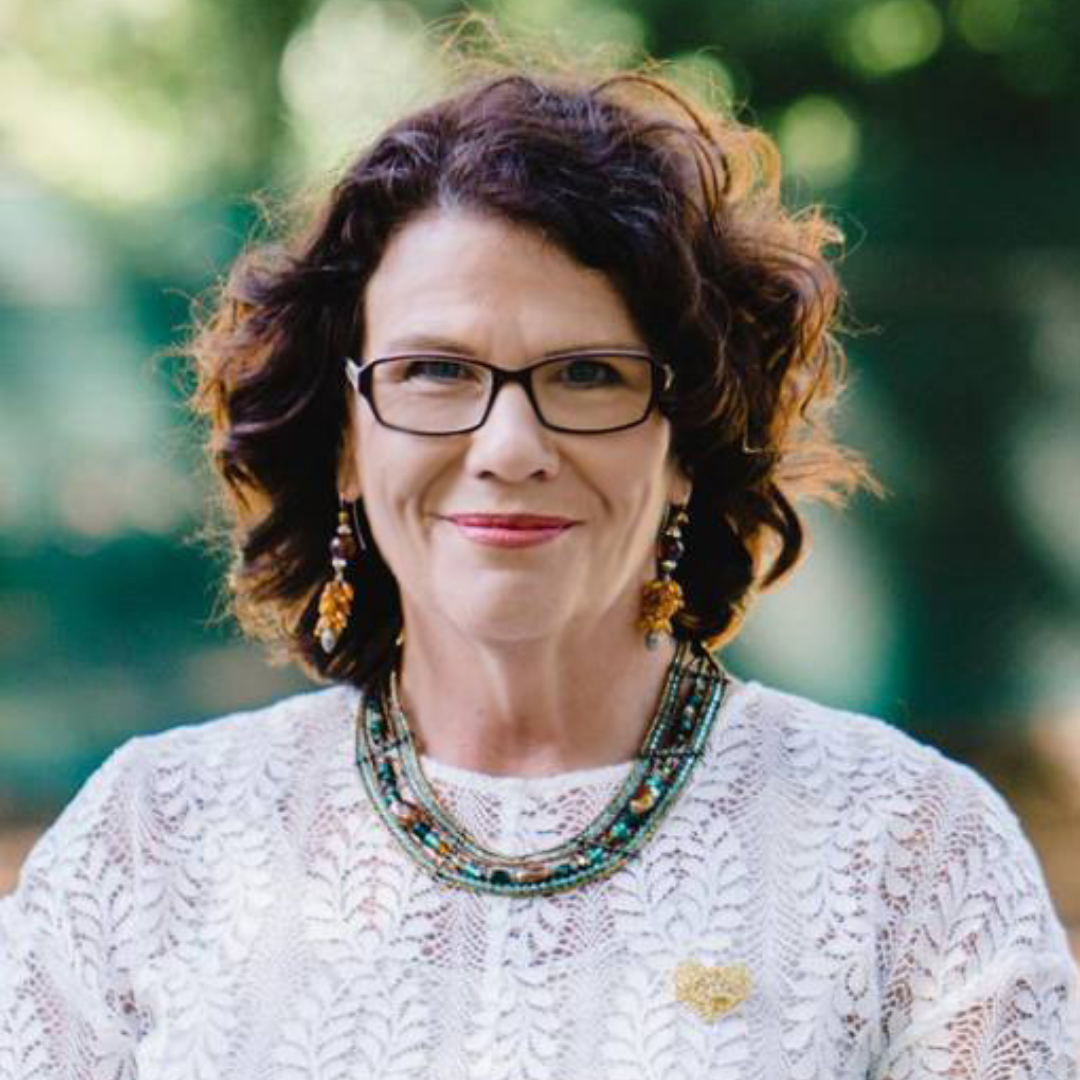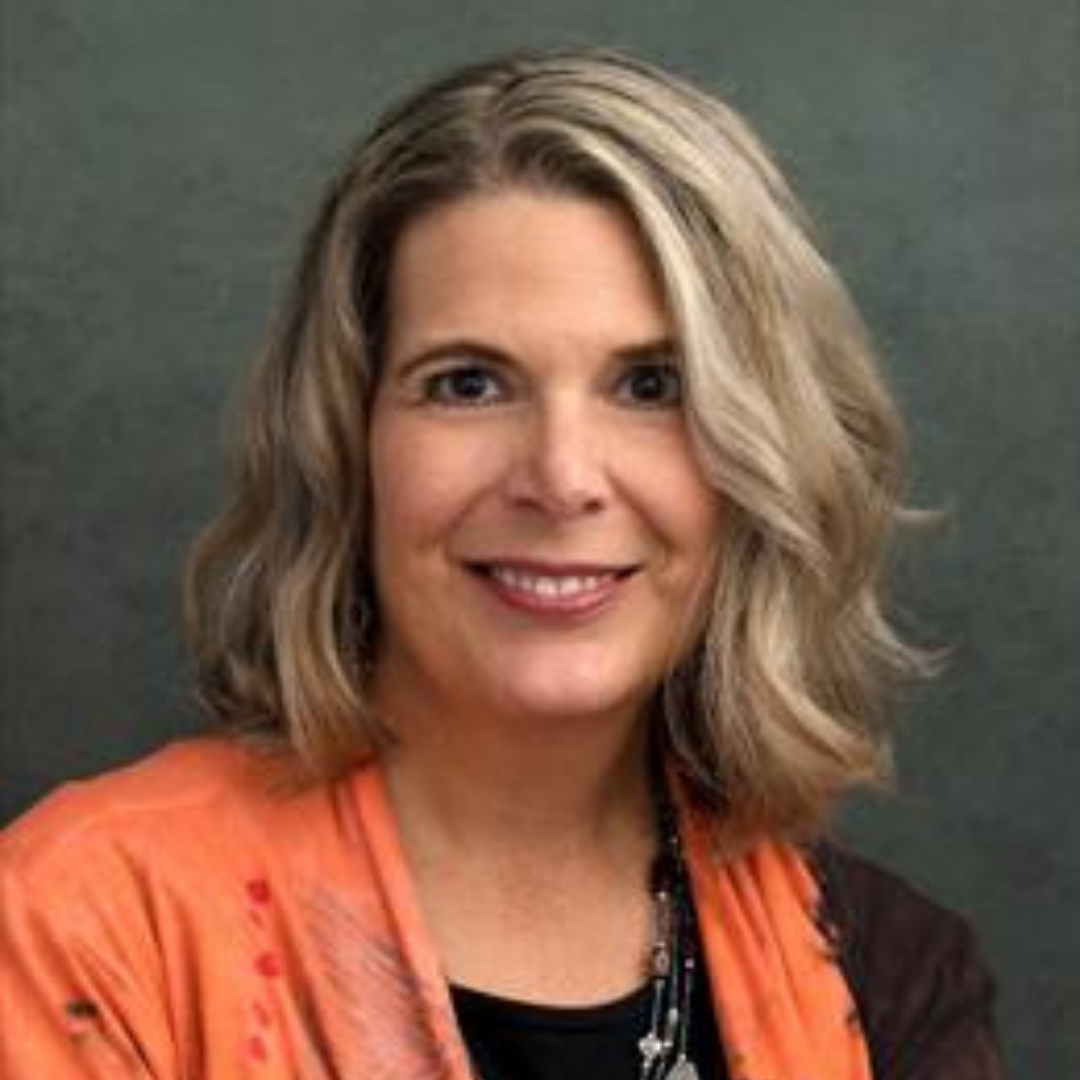We asked a number of members why they attend an ISME World Conference. Here are their responses:
Sandra Oberoi, Harmony - The Music School, Bangalore, India. ISME Board Member and Chair of the Advocacy Committee asked some friends for their comments:
Emily Akuno, Professor of Music, The Technical University of Kenya, Nairobi, Kenya. President, ISME. Past President, International Music Council. Professor Akuno is currently seconded as the Deputy Vice-Chancellor, Academic Affairs, the Co-operative University of Kenya, Nairobi, Kenya.
I discovered ISME in 1998 through the Policy Commission whose pre-conference seminar was held in my home city, Nairobi. I had the privilege of hosting them for one day in my institution, Kenyatta University.
I found a team of highly rated, influential researchers whose works I had recently fed on for my research.
Two years later, I had the privilege of presenting a paper at the Research Commission seminar in Salt Lake City, USA. My doctoral thesis bibliography transformed into real people, as I met a large percentage of the authors whose works had influenced my thinking and shaped my own perceptions at that seminar.
I was hooked when, through further contacts, I participated in the MISTEC seminar in Hong Kong in 2006.
I’ve stayed because of the people who look out for others, share freely their resources, including time. I remember Ralph Buck from New Zealand gifting me Kiwi children’s songs after my presentation on Kenyan children’s songs. This spirit of collaboration and partnership continues to draw me to ISME, where my voice as a music educator from a developing country finds a microphone on a stage shared with researchers from all the continents.
When I combined a commission pre-conference seminar with conference attendance, I managed to make up to 5 academic presentations in one year, in the space of 2 weeks. The excitement of workshops ad symposia aside, the opportunity to develop the thoughts into papers and chapters for publication has boosted my profile as an academic. I owe much of my professional growth to the platforms provided by ISME and the networks that grew out of conference participation.
I’d strongly advise music educators and practitioners to get involved because ISME has something for everyone.
José Luis Arostegui, Professor of Didactics of Musical Expression, Facultad de Ciencias de la Educación, University of Granada, Spain. Co-editor, Revista Internacional de Educacion Musical.
ISME is for me the venue to meet people from all over the world with joint interests in music education research and practice. Both learning experiences and the networking provided by ISME have been critical in my professional career.
While the World Conference is just great because of its disparity and diversity, I also enjoy the experience of attending the MISTEC seminars. Commissions and SIGs provide a familial and close place to go in depth on your topic of interest.
Yu Danhong, Professor, Music Education Department, Curator of the Shanghai Convervatory, Shanghai, China. ISME Board member.
ISME is a platform full of magical power, where you can see different music education from all over the world, and at the same time can show our understanding of music education.
I attend the ISME World Conference so I can look at the world. Here I have met many excellent music educators from all over the world and invited them to China to spread their ideas and practices.
Amira Ehrlich, Program Chair, Graduate Studies in Music Education, Faculty of Music Education, Levinsky College of Education, Tel Aviv, Israel. Convenor, ISME Spirituality Special Interest Group.
ISME, for me, is a place to network and make friends from around the world. In my country there are very few music education scholars, and a sense of professional loneliness.
ISME has been a wonderful experience of mutual sharing: finding out what's new and what's being discussed in music education in many other countries.
ISME has also been a meeting place for international friends and colleagues that I have accumulated over the years: we always know we can look forward to seeing each other again at the next conference.
Sandra Oberoi, Founder Director of Harmony, The Music School, Bangalore, India. Artistic Director, The Harmony Chorus. ISME Board member and Chair of the Advocacy Committee.
Joining the International Society for Music Education has been one of the best decisions in my life! Besides staying abreast with the latest research in music education around the world, it has opened up avenues for me to connect with some of the most respected, committed and leading educators in the field, many of whom are not just colleagues now but dear friends.
ISME is my "academic home". With all the learning, discovery and sharing, there's a certain familiarity, warmth and sense of belonging especially when I attend the world conferences. It's always a great, big, happy, global reunion!
Donna Weston, Acting Deputy Director (Learning and Teaching), Head of Popular Music, Queensland Conservatorium, Griffith University, Brisbane, Queensland. ISME Board member.
ISME provides a chance for music educators from all over the world to exchange ideas, through publications, conferences, and networking, and so learn new approaches to apply to their teaching.
I attend the world conference to keep up to date with music education innovations, to be inspired by new ideas, and to connect with likeminded people with a passion for music education.
I have come away from conferences inspired to develop my teaching, which of course is my career, while networking has resulted in opportunities for international collaborations and formal engagements which have most definitely supported my career development.
Jody Kerchner, Director, Division of Pedagogy Advocacy and Community Engagement, Oberlin Conservatory of Music, Ohio, USA. Member of the ISME Executive Team. ISME Board member.
I joined ISME in 1998 as an early professional, and have been fortunate to attend World Conferences and MISTEC pre-conference seminars since then.
ISME has provided opportunities for me to network with international scholars, collaborate on research projects, and develop lifelong friendships. ISME has become one of my primary professional “homes,” learning from and problem-solving with others and assuming leadership positions within the organisation.
ISME is more than a membership credential that appears on a resume. It is an amalgam of opportunities in which to engage first-hand with the research, policies, and teaching practice on a global level.
